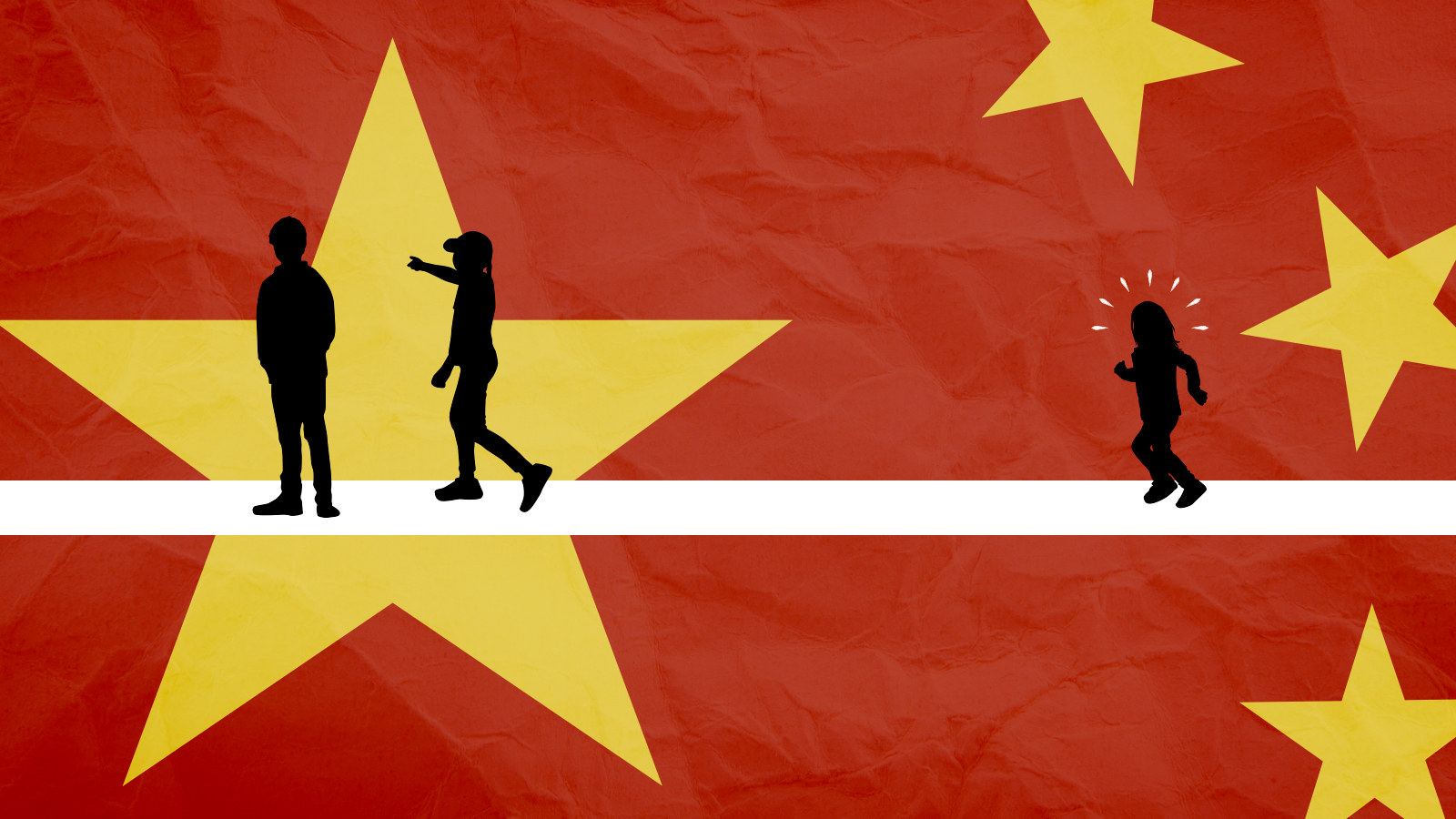China's 3-child policy isn't a demographic improvement. It's a moral one.


A free daily email with the biggest news stories of the day – and the best features from TheWeek.com
You are now subscribed
Your newsletter sign-up was successful
China's announcement this week that all married couples can have three children — up from two as of 2015 and just one before that — is unlikely to reverse the severe population decline forecast for the rest of this century, demographers say. The 2015 liberalization only increased Chinese birthrates for two years before the downward trend resumed. If this shift has a similarly small effect, China could have half as many people by 2100 as it has today.
But even if it doesn't move large-scale demographic trends, the three-child policy should make two significant changes.
First and most importantly, it will mean fewer forced abortions and sterilizations, fewer abandoned infants (most of them little girls or sick or disabled) and "illegal children." The cruelty of the stricter rules was incredible. "[S]ometimes pregnant women tried to run away" from forcible, even full-term abortions, and "we had to chase after them," a former official told filmmaker Nanfu Wang in her 2019 documentary, One Child Nation.
The Week
Escape your echo chamber. Get the facts behind the news, plus analysis from multiple perspectives.

Sign up for The Week's Free Newsletters
From our morning news briefing to a weekly Good News Newsletter, get the best of The Week delivered directly to your inbox.
From our morning news briefing to a weekly Good News Newsletter, get the best of The Week delivered directly to your inbox.
"Many I induced alive and killed," said a midwife. "My hand trembled doing it." That single midwife estimated she had personally performed 50,000 to 60,000 state-mandated sterilizations and abortions. A three-child policy is far from complete freedom, but it is better than that monstrosity. It will save and change lives, particularly for Chinese women.
The second change this policy should bring is an end to Western dissembling about the horror of the one-child policy. Some American politicians and pundits have a disgraceful record of tacit acceptance (or, worse, outright admiration) of the single child rule, as Jacob Sullum recounts at Reason. The most galling item on Sullum's list: comments from then-Vice President Joe Biden on a visit to China in 2011.
"I was talking to some of your leaders" about deficit spending and social safety nets for the elderly, Biden said. "Your policy has been one which I fully understand — I'm not second-guessing — of one child per family," he continued. "The result being that you're in a position where one wage earner will be taking care of four retired people. Not sustainable."
His math checks out, but that's far from the only problem China's restrictions on childbearing produced. A state policy that coerces unknown millions of women into abortion, sterilization, and terrorized abandonment or concealment of their children definitely should be "second-guessed."
A free daily email with the biggest news stories of the day – and the best features from TheWeek.com
Bonnie Kristian was a deputy editor and acting editor-in-chief of TheWeek.com. She is a columnist at Christianity Today and author of Untrustworthy: The Knowledge Crisis Breaking Our Brains, Polluting Our Politics, and Corrupting Christian Community (forthcoming 2022) and A Flexible Faith: Rethinking What It Means to Follow Jesus Today (2018). Her writing has also appeared at Time Magazine, CNN, USA Today, Newsweek, the Los Angeles Times, and The American Conservative, among other outlets.
-
 Switzerland could vote to cap its population
Switzerland could vote to cap its populationUnder the Radar Swiss People’s Party proposes referendum on radical anti-immigration measure to limit residents to 10 million
-
 Political cartoons for February 15
Political cartoons for February 15Cartoons Sunday's political cartoons include political ventriloquism, Europe in the middle, and more
-
 The broken water companies failing England and Wales
The broken water companies failing England and WalesExplainer With rising bills, deteriorating river health and a lack of investment, regulators face an uphill battle to stabilise the industry
-
 The fall of the generals: China’s military purge
The fall of the generals: China’s military purgeIn the Spotlight Xi Jinping’s extraordinary removal of senior general proves that no-one is safe from anti-corruption drive that has investigated millions
-
 Epstein files topple law CEO, roil UK government
Epstein files topple law CEO, roil UK governmentSpeed Read Peter Mandelson, Britain’s former ambassador to the US, is caught up in the scandal
-
 Iran and US prepare to meet after skirmishes
Iran and US prepare to meet after skirmishesSpeed Read The incident comes amid heightened tensions in the Middle East
-
 EU and India clinch trade pact amid US tariff war
EU and India clinch trade pact amid US tariff warSpeed Read The agreement will slash tariffs on most goods over the next decade
-
 Israel retrieves final hostage’s body from Gaza
Israel retrieves final hostage’s body from GazaSpeed Read The 24-year-old police officer was killed during the initial Hamas attack
-
 China’s Xi targets top general in growing purge
China’s Xi targets top general in growing purgeSpeed Read Zhang Youxia is being investigated over ‘grave violations’ of the law
-
 Panama and Canada are negotiating over a crucial copper mine
Panama and Canada are negotiating over a crucial copper mineIn the Spotlight Panama is set to make a final decision on the mine this summer
-
 The app that checks if you are dead
The app that checks if you are deadIn The Spotlight Viral app cashing in on number of people living alone in China
